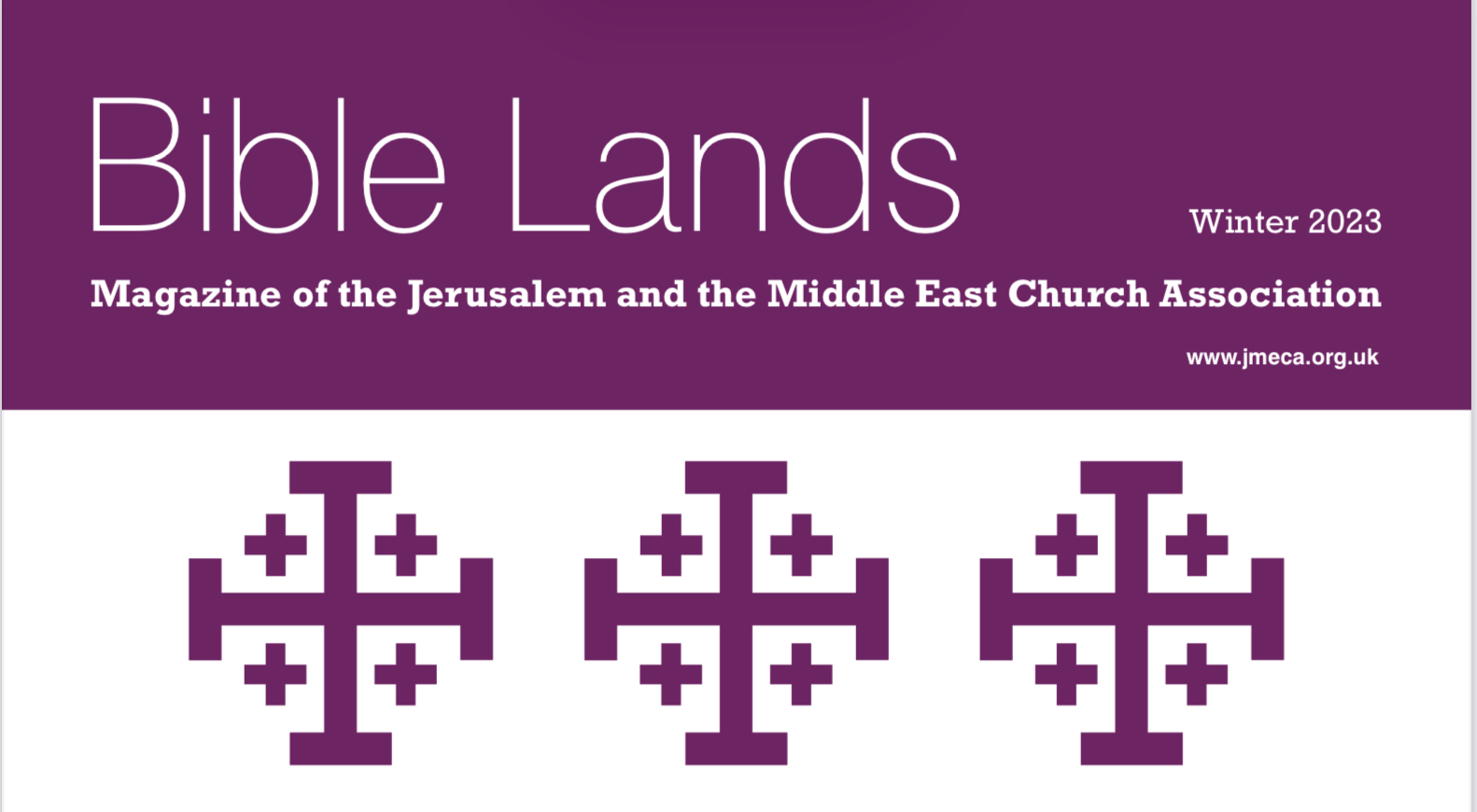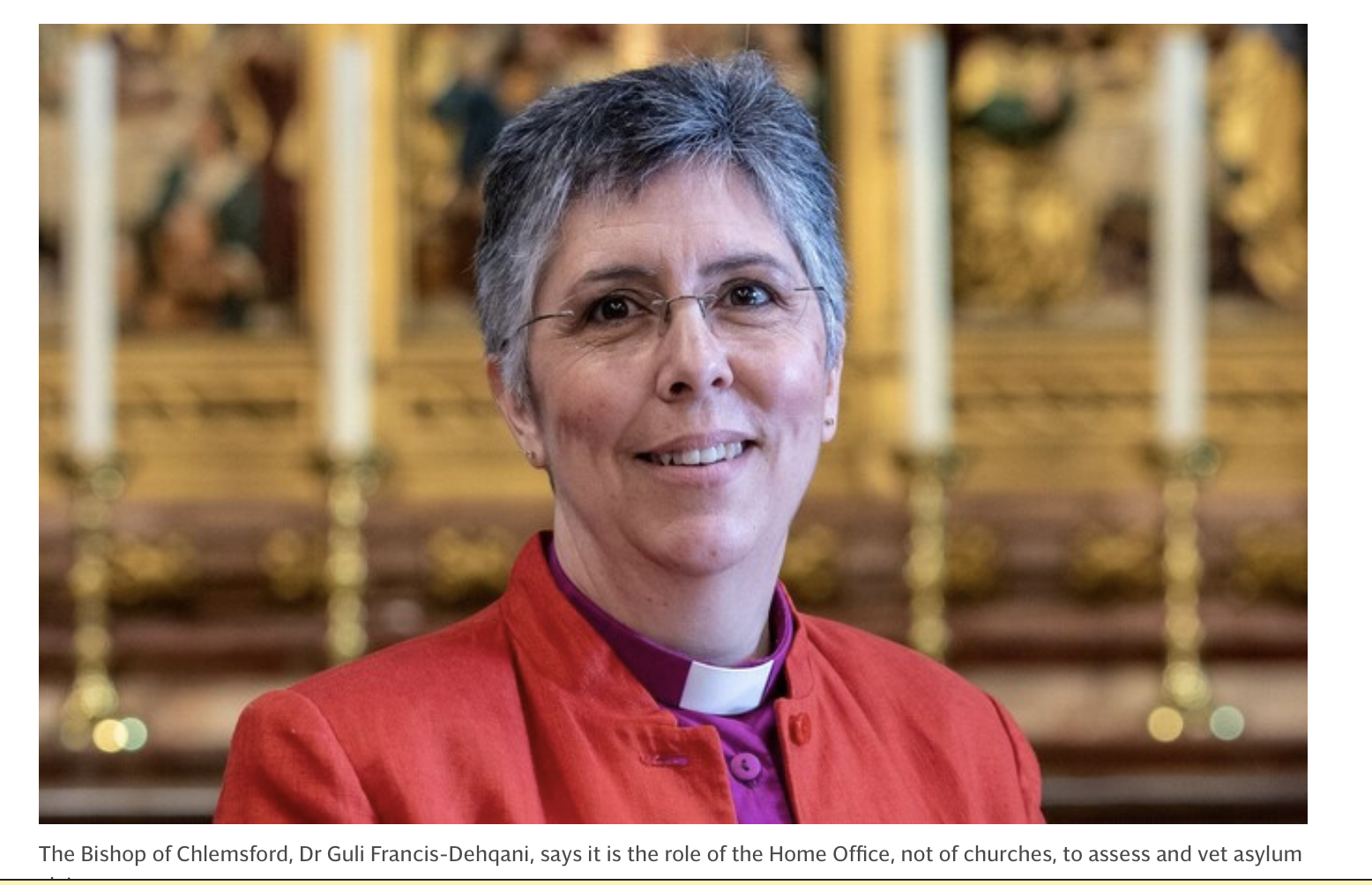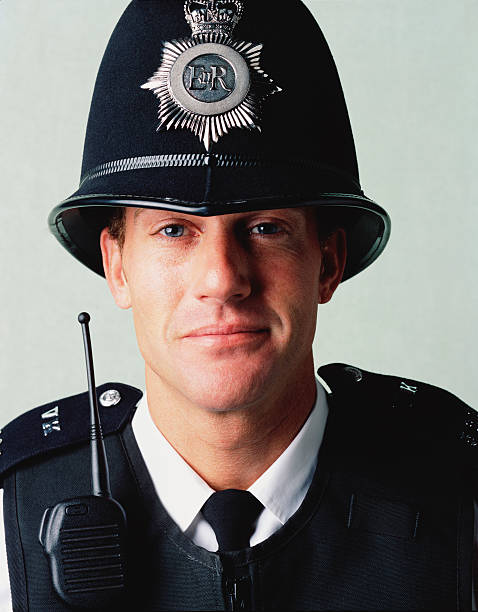NO STRANGER to Iran, its People, and its Church is the memoir of Pastor Tat Stewart, about his life and work, published by Talim in 2023. Tat was born in 1946, a son of medical missionaries to Iran. He spent much of his childhood in Tabriz, and later in Mashhad, Hamadan, and Tehran where he met his future wife Patty. Tat’s entire life has been shaped by the experience of living among and working with Iranians which has enabled him to become an effective shepherd for a whole new generation of Persian Christians in Iran and among the diaspora.
Tat and Patty are both Farsi speakers, and Tat is equally fluent in the Azari dialect which he learned in growing up in Tabriz. Ordained a Presbyterian minister in the USA, he and Patty returned to Iran where Tat was appointed Pastor to the evangelical churches. Immersing himself in Iranian life, Tat’s working life was exemplary of his response to God’s calling. Although he and his family were forced to leave during the 1979 Revolution, an opportunity presented itself for them to return briefly a few months later to continue to minister to Iranians. This was a rare opportunity to witness the changes imposed by the new Islamic regime and the surprising ways in which God’s spirit was moving among Iranians within a church that was, and still is, largely underground.
Post-Revolution Tat continues to pastor Iranian Christians from the USA. He is a keen promoter of SAT-7 PARS, the Persian language Christian satellite station, chief editor of the quarterly magazine SHABAN, and a founder of TALIM Ministries—all of which provide pastoral guidance and Christian literature for Persian-speaking Christians. He continues to be sought-after as a speaker at Christian Conferences throughout the Iranian diaspora, and is a popular mentor to Iranian Christians, especially in the USA where he and his wife now live.
Pastor Tat Stewart’ memoir is an inspired comment on the rewards and challenges of cross-cultural evangelism. His deep love for Iranians and single-minded dedication in spreading the Good News among them shines through all its pages. I recommend his book to anyone interested in the growth Christianity among Persians and within a Muslim context.
Additional comments:
- Tat’s umbrella term Persian Church refers to the evangelical mission church movement in Iran, which was Presbyterian. There is little mention of the Anglican Communion, or of the regular Farsi church services in the Episcopal churches in Tehran, Isfahan and Shiraz. This is an important omission, with regard to the book’s subtitle.
- Tat believes there were two reasons for which the Anglican Church in Iran was targeted particularly harshly by the Islamic regime when other Protestant denominations did not receive the same hostility: Firstly, because Bishop Hassan was a Muslim convert who did not change his name on conversion, and also continued to uphold his right as an Iranian citizen despite ‘apostasy’. Secondly, because the other churches in Iran were under nominal leadership of Armenian pastors, and so were protected from the ire of the new regime.
- There is an error (memory slip?) when the author writes that he was present at Bahram’s funeral at St Peter’s Anglican Church in Tehran (sic, p.90). Since Bahram’s funeral was actually held at St Luke’s Church in Isfahan, perhaps he meant that the had attended a memorial service for Bahram in Tehran – at St Paul’s Church.






 Checking up on every immigrant’s status is clearly a huge task, but it was so much more labour intensive before the advent of computers and the internet. When I arrived in the UK from Iran on 5 August 1979, I was granted a three-year student nurse visa, registered as an Alien, and required to make annual contact with the Aliens’ Registration authorities. After we were married the following May. I moved to Glasgow and applied for British citizenship.Late one evening on 6 August 1980, James was out on-call at the hospital, and the doorbell of our tenement flat rang loudly. I wondered who it might be at this late hour, and opening the door I was shocked to be confronted by a police constable in full regalia standing on the stairs. I thought James had been run over by a bus, was lying unconscious in the road or bleeding to death on a hospital trolley. Why else would a policeman come to one’s door so late at night? Visions of impending widowhood rose before my eyes, and for a moment I thought I was going to faint in the doorway. The policeman took out a little black notebook, flipped over a few pages, and began:
Checking up on every immigrant’s status is clearly a huge task, but it was so much more labour intensive before the advent of computers and the internet. When I arrived in the UK from Iran on 5 August 1979, I was granted a three-year student nurse visa, registered as an Alien, and required to make annual contact with the Aliens’ Registration authorities. After we were married the following May. I moved to Glasgow and applied for British citizenship.Late one evening on 6 August 1980, James was out on-call at the hospital, and the doorbell of our tenement flat rang loudly. I wondered who it might be at this late hour, and opening the door I was shocked to be confronted by a police constable in full regalia standing on the stairs. I thought James had been run over by a bus, was lying unconscious in the road or bleeding to death on a hospital trolley. Why else would a policeman come to one’s door so late at night? Visions of impending widowhood rose before my eyes, and for a moment I thought I was going to faint in the doorway. The policeman took out a little black notebook, flipped over a few pages, and began:
It is important to emphasise at the outset that it is the role of the Home Office, not of churches, to assess and vet these claims. I arrived in this country myself as a refugee from Iran, following the events of the Revolution of 1979 during which the small Anglican Community experienced much persecution and my brother was murdered. I know that behind every statistic is a human story and I have a sense of the real trauma that many asylum seekers have experienced. Christians are called to follow the example of Jesus who throughout the Bible focuses his love and care on the most vulnerable and marginalised people in society. Churches do this by helping disadvantaged people of all backgrounds – including asylum seekers – to eat, to sleep, to worship, to find shelter and to be connected to the services which can support them.
As a Christian leader I make no apology for our involvement in supporting people who are often deeply vulnerable and traumatised. But churches have no power to circumvent the Government’s duty to vet and approve applications. It is the calling of clergy to baptise and bring people to God. When a candidate who is an asylum seeker is prepared for baptism, the guidance given to clergy includes the need for discernment: “to be ‘wise as serpents and innocent as doves’. Clergy must be confident that those seeking baptism fully understand what it signifies.” Religious ministers from all denominations will occasionally, after careful assessment, provide statements of support to individuals seeking asylum, but it is wrong to think of this as some sort of magic ticket. The notion that a person may be fast-tracked through the asylum system, aided and abetted by the Church is simply inaccurate. Home Office guidance says “ultimately, evidence even from a senior church member is not determinative”. Responsibility to assess the risk to an individual of persecution on the grounds of faith is that of the Home Office.
Christian leaders have worked with officials to improve understanding of faith-based persecution and Christian identity, and we will continue to do so. We have also offered to work with the Government on ensuring returns policies are developed so that they are safe and more likely to be effective in the long-term. We share the former Home Secretary’s concern about the need to “break criminality”, but those who have claimed a link between the abuse of our asylum system and the action of bishops in Parliament are simply wrong. The plight of refugees the world over is a shared responsibility and one we must shoulder together – locally, nationally, globally. We must do so not by demonising those who arrive on our shores, but by recognising our shared humanity and, as Christians would put it, seeing in others the face of Christ.
Dr Guli Francis-Dehqani is the Bishop of Chelmsford